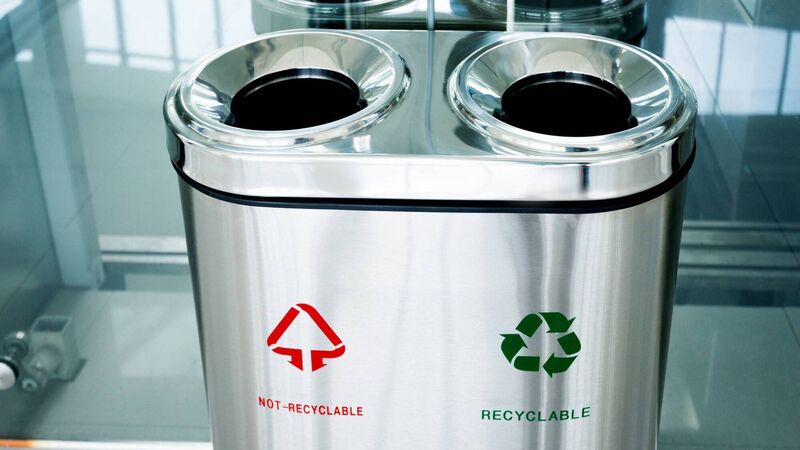In the can: Waste companies to film proof of our sloppy recycling

The best way to avoid a gentle reprimand is to learn all you can about recycling your waste. File picture
There's something potentially new coming to every gate splay and doorstep, as nationwide, in-lorry cameras are set to record the results of our sloppy habits around responsible disposing and recycling.
Contamination detection makes perfect sense. After all, unless an eagle-eyed bin technician spots something nefarious waving from the top of the wheelie bin, they have, up until now, relied on our honesty and diligence in separating our waste into the correct, clearly designated bin.













